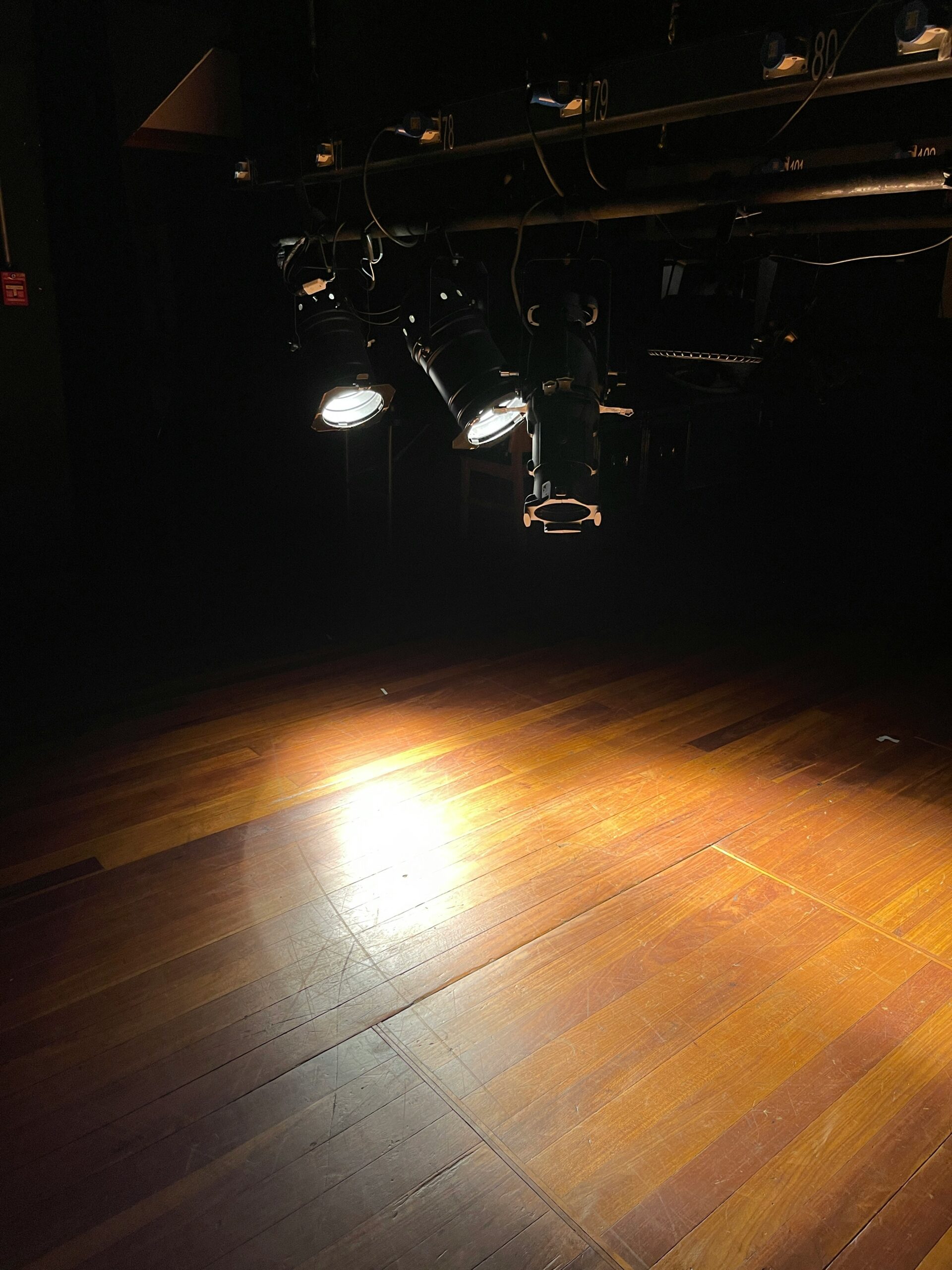Covid Research Report
Download research
Headlines
PiPA’s survey into the impact of Covid on carers and parents working in the Performing Arts with a focus on intersectional Caring Responsibilities.
Published: 2nd February 2021
Parents and carers had been under relentless pressure since the first UK wide Covid related lockdown in March 2020, facing round the clock caring and home-schooling responsibilities. Many carers and parents have also taken on additional caring responsibilities for elderly and vulnerable people affected by Covid.
An online survey, conducted by PiPA in June 2020, highlighted the vulnerability of parents and carers in the performing arts. Women, solo parents and carers, as well as those facing other kinds of social exclusion were highlighted as the most vulnerable. The aim of this second PiPA survey, conducted in October 2020, was to gain a deeper insight into the extent to which caring responsibilities during Covid, when combined with other protected characteristics and/or economic disadvantage, lead to increased challenges and further marginalisation of these already under-represented groups.
“This report evidences the scale of impact on women in the performing arts workforce. With many crippled by the increase in caring responsibilities they are struggling to hold down a job or put themselves forward for the little work that is available. In fact, available work has fallen off a cliff. Without urgent action and a clear message of support, the sector will haemorrhage its female talent with caring responsibilities as a direct result of the pandemic. At worst, this is catastrophic for the sector and for equality. We need to reverse this shocking trend before it’s too late.”
Sarah Jackson, OBE, authority on flexible working, women at work, gender pay-gap.
“If we’re going to see healthy numbers of women on stage, backstage, behind and in front of camera after Covid we need to act now. PiPA’s research has shown that too many women see no feasible way to return to the profession they love. There is a real risk, as more and more women drop out of our industry that decades of gender equality will be lost. Changes to SEISS eligibility, the mandatory monitoring of the numbers of parents and carers being employed and the implementation of job sharing schemes would go some way to ensuring that we will continue see all kinds of women in all kinds of roles across the performing arts.”
Rakie Ayola, award winning actor and producer
Key Findings
Women are doing 90% of the childcare
One in four women are doing 90% or more of the childcare and are struggling to work or to seek work. The pressure of school and nursery closures combined with lack of job opportunities in the performing arts is impacting on women’s well-being and causing them to rethink their careers.
Talent haemorrhage
Seven out of ten parents and carers (72%) are considering abandoning their career in the performing arts.
Twice as likely
D/deaf and disabled respondents or those with a long-term health condition are twice as likely to have taken on full-time caring responsibilities (doing 80% or more of the childcare) due to the pandemic.

Recommendations
We encourage employers to make adjustments to work-load and to promote autonomy and flexibility around core hours, enabling parents and carers to meet work and family requirements. Many parents and carers work early mornings and evenings to accommodate home school and additional care responsibilities. Discussions about workload are crucial to enable appropriate planning and scheduling.
We encourage employers to establish production backup through job share modelling to provide a robust in-built cover system that allows for last minute changes to domestic settings such as school closure, unexpected requirement to provide care or self-isolation due to Covid. Communicating this before the point of offer is crucial to ensure that parents and carers do not self-select out of opportunities.
